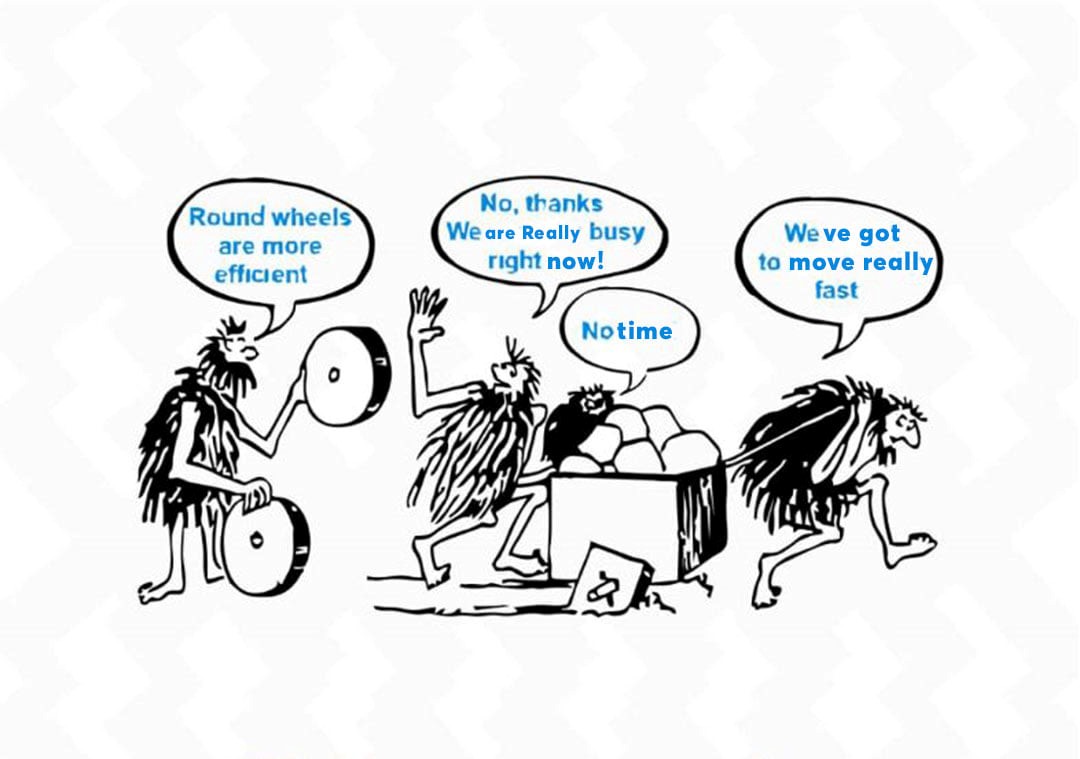Effect of Cashless Policy on Credit Unions and Cooperative Societies

The shift towards a cashless society has had both positive and negative effects on credit unions and cooperative societies. On the one hand, it has made financial transactions more convenient, faster, and safer, which has increased the efficiency and reach of these organizations. Credit unions and cooperative societies can now offer more digital services such as online banking, mobile banking, and contactless payment options to their members, which can attract new members and retain existing ones. This has also helped to reduce the operational costs associated with handling cash.
On the other hand, the shift towards a cashless society has also posed challenges for credit unions and cooperative societies. For example, some members may not have access to digital financial services, or may not be comfortable using them. This can lead to exclusion, particularly among older members and those in rural areas.
In conclusion, while the shift towards a cashless society has brought about some challenges for credit unions and cooperative societies, it has also provided many opportunities for growth and modernization. These organizations can leverage technology to improve the services they offer to their members, and can find ways to address the challenges that the transition to a cashless society presents, such as providing digital financial literacy programs and improving cybersecurity.







